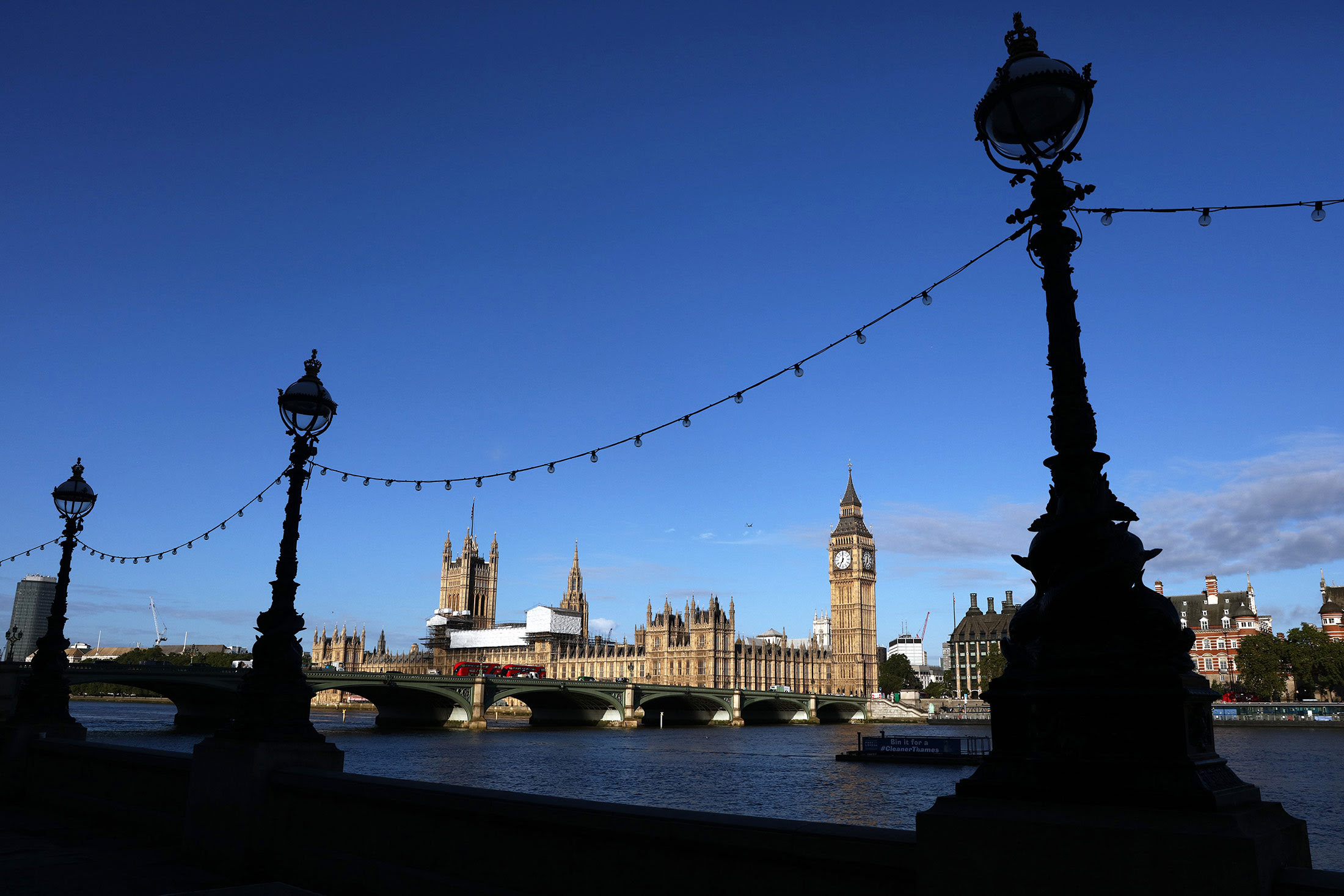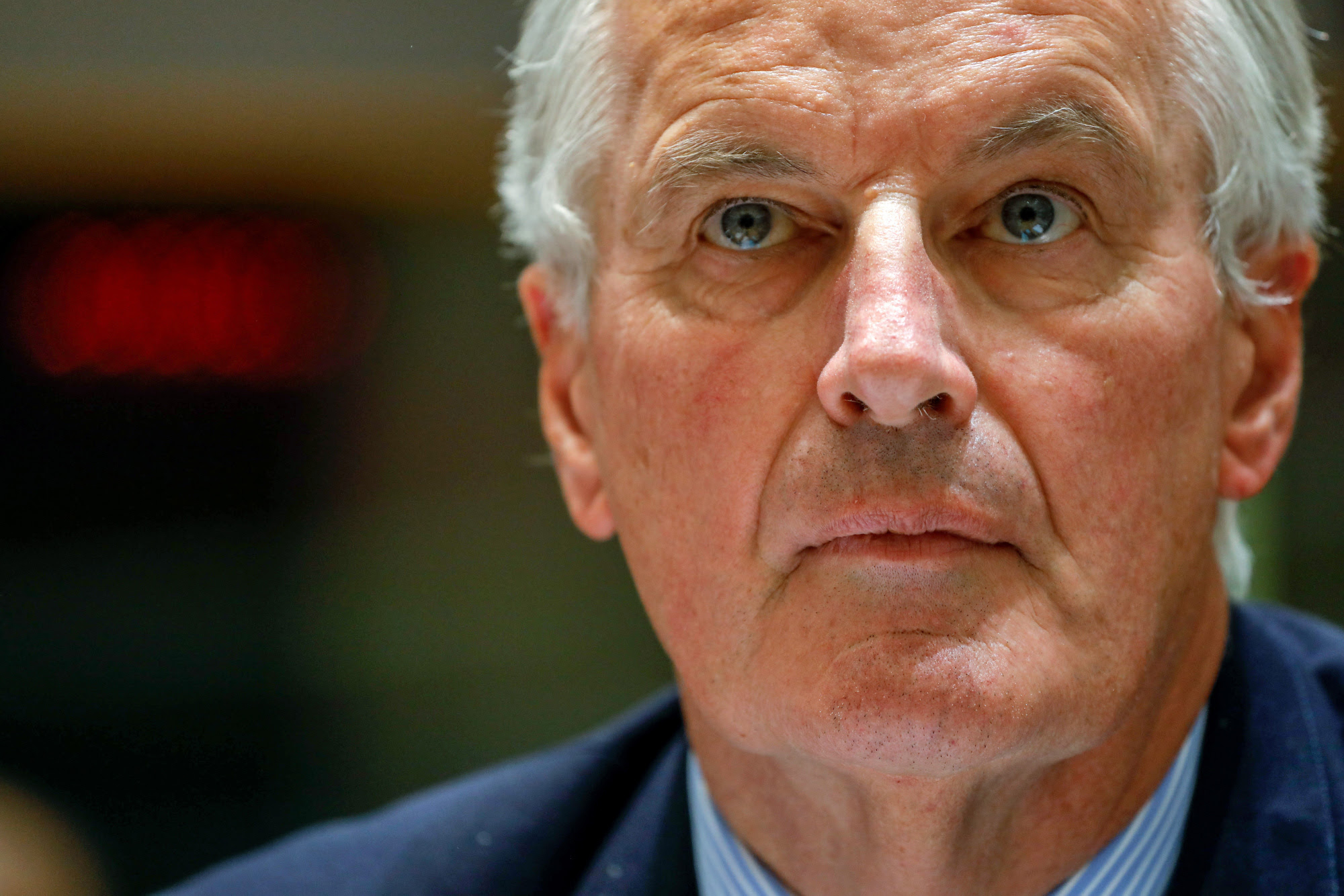A tale of two economies
For those who argue the British economy is proving Brexit-proof, unemployment fell to 4.4 percent, its lowest level since 1975. The pound rose in response.
“Despite the scaremongering of the Remain campaign, businesses have confidence in the U.K. economy and are continuing to take on new staff,” said Change Britain Chair Gisela Stuart.
For those who argue the economy is buckling as Brexit nears, the squeeze on U.K. consumers continued into the second quarter with basic wages rising 2.1 percent, lagging behind inflation. Productivity also fell.
“Instead of the land of milk and honey promised by Brexiteers, we’re seeing falling wages,” said Liberal Democrat leader Vince Cable.

Retail sales statistics scheduled for release today will provide further insight into the state of the economy.
The challenge for Prime Minister Theresa May will be to ensure ongoing voter support for Brexit even if wages stay weak. The longer this goes on the more she may need to compromise her plan so as to safeguard the economy. Bank of England Governor Mark Carney will find it tough to raise interest rates even if inflation keeps breaching his 2 percent target.
Analysts at Deutsche Bank were quick to blame the uncertainty surrounding Brexit for the sluggishness in wages over the past three quarters and said the outlook for the breakup will determine whether they accelerate.
“The Bank of England’s inflation forecasts rest on the assumption pay growth begins to pick-up as spare capacity is used up,” Deutsche’s economists said. “Our conclusions would support this view, if Brexit uncertainty was to dissipate.”
Elsewhere there was confirmation that the euro-area economy gathered pace in the second quarter, advancing 0.6 percent. The U.K. won’t find it as easy to harness such an acceleration once outside the EU. However, the stronger the continental economy is the easier its governments may go in the divorce talks.
— by Simon Kennedy

Brexit Latest
Immigration Plan | Britain is considering allowing EU citizens to travel to the country without a visa even after Brexit, but those wanting to work, study or settle would require permission, a U.K. official told Bloomberg. The U.K.’s statistics office reported yesterday that a record high of 2.37 million EU nationals work in Britain.
Delay to December | Sky News repeated pre-summer warnings that the next phase of the Brexit talks is now anticipated for December rather than October as originally planned. The New Statesman said some pro-EU members of Parliament hope a poor trade deal may open the way for a second referendum.
Irish Reaction | Ireland warned it won’t be used as a pawn in wider negotiations on the terms of Brexit, as it called Britain’s plans to avoid border checks after the breakup a “step forward.”
Data Demand | London is set to retain its position as the city with the greatest capacity in private data links, a lead that may help stem any erosion in the City of London’s position as Europe’s premier financial center.
More Work Needed | Cars, rubber and plastics are the sectors most dependent on the EU for supplies, the Institute for Government said. It also urged May to publish a cost-benefit analysis on the U.K. plans for post-Brexit trade with the EU to “allow an informed debate about negotiating priorities.”
Services | The U.K. runs a chunky trade surplus with the EU in services, which also make up almost 80 percent of British gross domestic product. That makes them rather than goods the main prize in the Brexit talks, according to Bloomberg Gadfly.
Trading Pains | U.K. exporters like the weak pound, but have an eye on what comes next. The British Chambers of Commerce’s trade confidence index fell in the second quarter, a report published Thursday said. Producers worry that the exchange rate, inflation and recruitment may hurt business in the future.
On the Markets | The pound has been sandwiched between the world’s two biggest currencies since the start of the year, making it hard to gauge how markets perceive the U.K. as Brexit negotiations progress. UBS Wealth Management reckons sterling’s slide against the euro is closer to the end than the beginning.




Comentarios
Publicar un comentario